Swiss have “lots to learn” from Gulf region
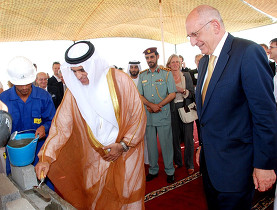
Switzerland must be part of so-called green-tech developments in the Gulf, the president of the Federal Institute of Technology in Lausanne (EPFL) tells swissinfo.ch.
Patrick Aebischer recently visited the region as part of a Swiss delegation. The EPFL is currently developing a campus in Ras al-Khaimah, one of the United Arab Emirates (UAE).
The campus will focus on research into alternative energy sources, including solar energy. It is due to receive its first students in 2011-2012.
The city state of almost 300,000 in the northern Gulf wants to diversify before petroleum sources in the region dry up.
EPFL has cooperative programmes in India and its counterpart in Zurich has a presence in China. Major institutions including Harvard University, Massachusetts Institute of Technology (MIT) and Sorbonne University have already set up learning centres in the UAE.
swissinfo.ch: Tell us more about the new project.
Patrick Aebischer: The new campus will essentially be research laboratories with Masters and Postgraduate programmes looking at important issues for the region, such as solar energy and photovoltaic and thermal technologies.
We will also build a special device to allow us to study the stability of buildings, as we are in a seismically unstable region that has great construction potential.
There will be about 200 students, as well as researchers, technicians and teachers. So you will have several hundred people on campus during the first stage, which will last ten years. After seven years we will evaluate the situation to see if it works and if we want to expand any further.
The project will cost SFr250 million ($244 million), SFr25 million a year, financed by the Ras al-Khaimah Investment Authority. There is no Swiss money invested; we are giving our name and know-how.
swissinfo.ch: What made you decide to launch an offshore campus?
P.A.: I always wanted the EPFL to have other physical entities. But to come here and set up in a thriving region was actually an unexpected opportunity.
As an export country, it’s very important for Switzerland to see the markets of the future and understand what is happening.
The Gulf region is investing in the post-petrol era, developing new clean technologies. You have places like [Abu Dhabi’s] Masdar City, a carbon-free city of 50,000 – in other words new technologies for our industries.
We have lots of things to learn, like building in extreme conditions, which can be employed elsewhere.
There is enormous richness, but for the campus to work it can’t all be one-way traffic, there has to be bilateral [cooperation]. There will be lots of exchange between the two campuses.
swissinfo.ch: Will the campus have a specific recruitment policy?
P.A.: It’s very important to attract students from the region, but not just from the Arab world; two hours away you have India, Pakistan and Iran. We have lots of EPFL students from those countries.
It is important for them to return home and do research and better integrate, and it’s a chance for our students to discover new cultures and ways of thinking – it’s a win-win situation for both cultures.
swissinfo.ch: What will be the main challenges in establishing such an off-shore university structure?
P.A.: First, it will be a complex structure to set up and run at the same standards as in Lausanne. Then there are the obvious climatic challenges and the issue of the locals accepting people like us coming from abroad.
And there is the question of recruitment, getting the brains we need, and local politics regarding visas and passports. Academic freedom must also be respected.
swissinfo.ch: To what extent was your decision to set up an off-shore campus influenced by other leading universities which have done likewise?
P.A.: We are a member of a group of 20 universities that meets every year at the World Economic Forum (WEF) in Davos. And together we have discussed this off-shore university idea at length. It’s an advantage that MIT, Harvard and others also involved.
It’s a unique university concept and each of us has limited experience. So the more we can share our ideas, the better we will be able to meet people’s expectations in the region.
Mohammed Cherif in Ras al-Khaimah, swissinfo.ch (translated from French by Simon Bradley)
Ras al-Khaimah is one of the seven emirates that form the United Arab Emirates. It covers an area of 1,700 km². Ras al-Khaimah is in the southern part of the Persian Gulf.
The emirate is ruled by Sheikh Saqr bin Mohammad al-Qassimi. It is in the northern part of the UAE bordering Oman. The emirate has a population of about 300,000 inhabitants.
Ras al-Khaimah was set to host the 33rd America’s Cup in February 2010. However, a New York judge ruled on October 27 that the competition could not be held there because yachting rules dictate it must be held in the southern hemisphere.
Founded in 1853 as a private school under the name École Spéciale de Lausanne, it became the technical department of the public Académie de Lausanne in 1869.
In 1946, it was renamed the École Polytechnique de l’Université de Lausanne (EPUL).
In 1969, the EPUL was separated from the rest of Lausanne University and became a federal institute, known as the École Polytechnique Fédérale de Lausanne (EPFL) or Federal Institute of Technology Lausanne.
The EPFL is part of the Swiss Federal Institutes, together with its “sister” institute in Zurich, which are funded by the government. Most Swiss universities are funded by the cantons.
EPFL is the study, research and workplace of some 10,000 students, staff and professors from 107 countries.
About 245 professors teach mainly basic sciences (mathematics, physics and chemistry), engineering sciences and techniques, architecture, civil and environmental engineering, computer and communication sciences, life sciences, sociology and humanities.

In compliance with the JTI standards
More: SWI swissinfo.ch certified by the Journalism Trust Initiative

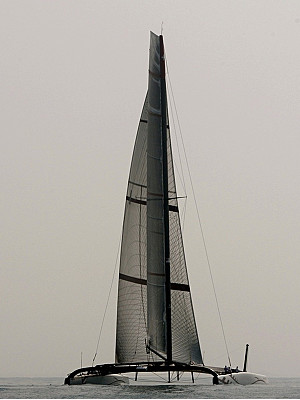
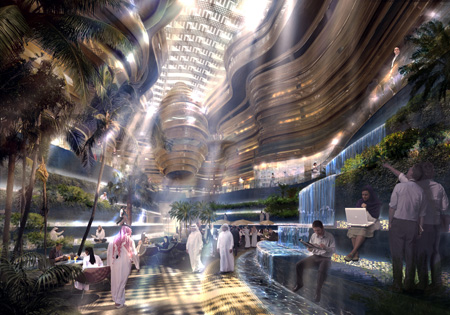
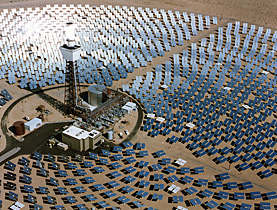
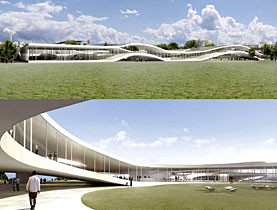
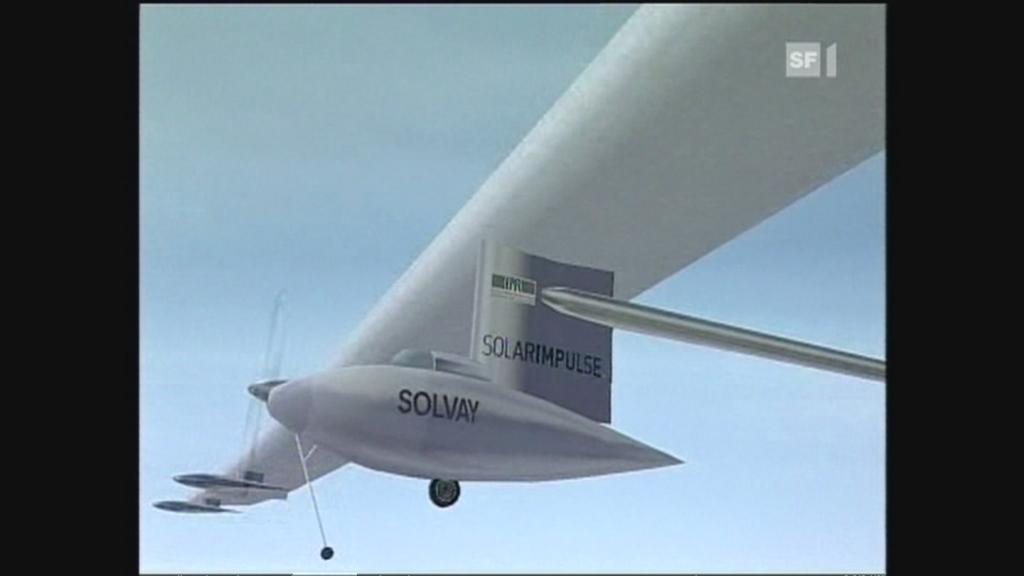
You can find an overview of ongoing debates with our journalists here. Please join us!
If you want to start a conversation about a topic raised in this article or want to report factual errors, email us at english@swissinfo.ch.